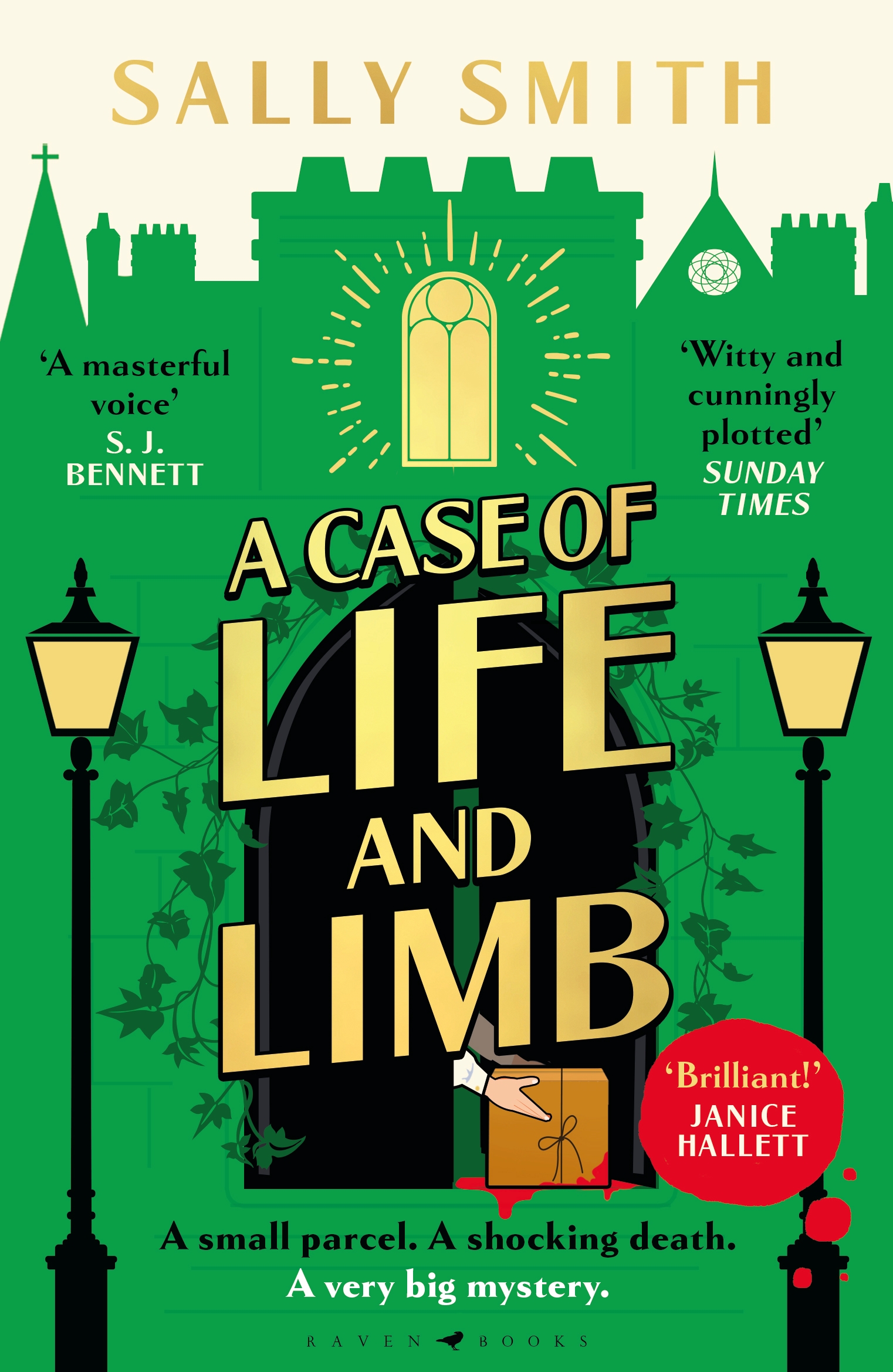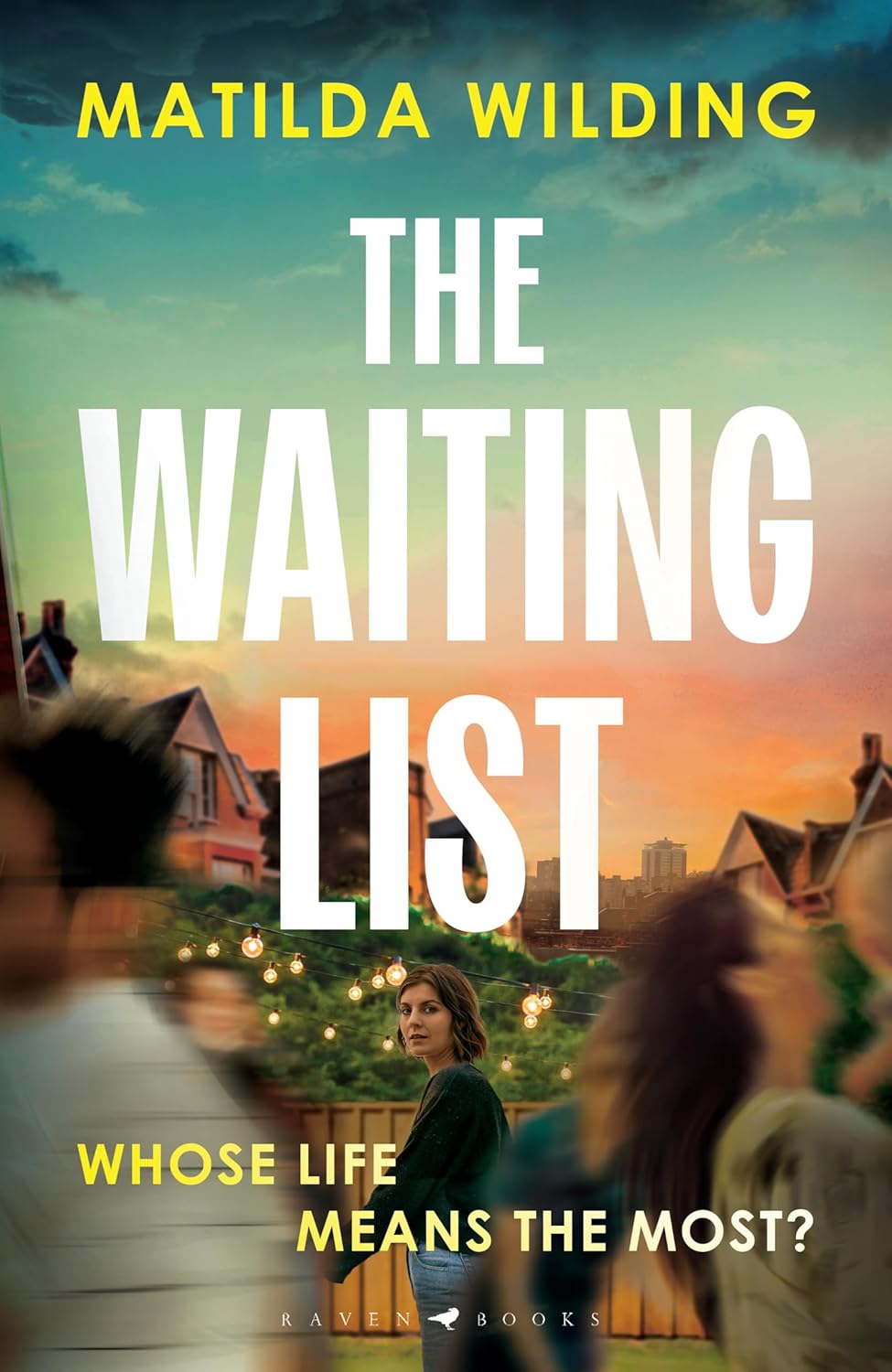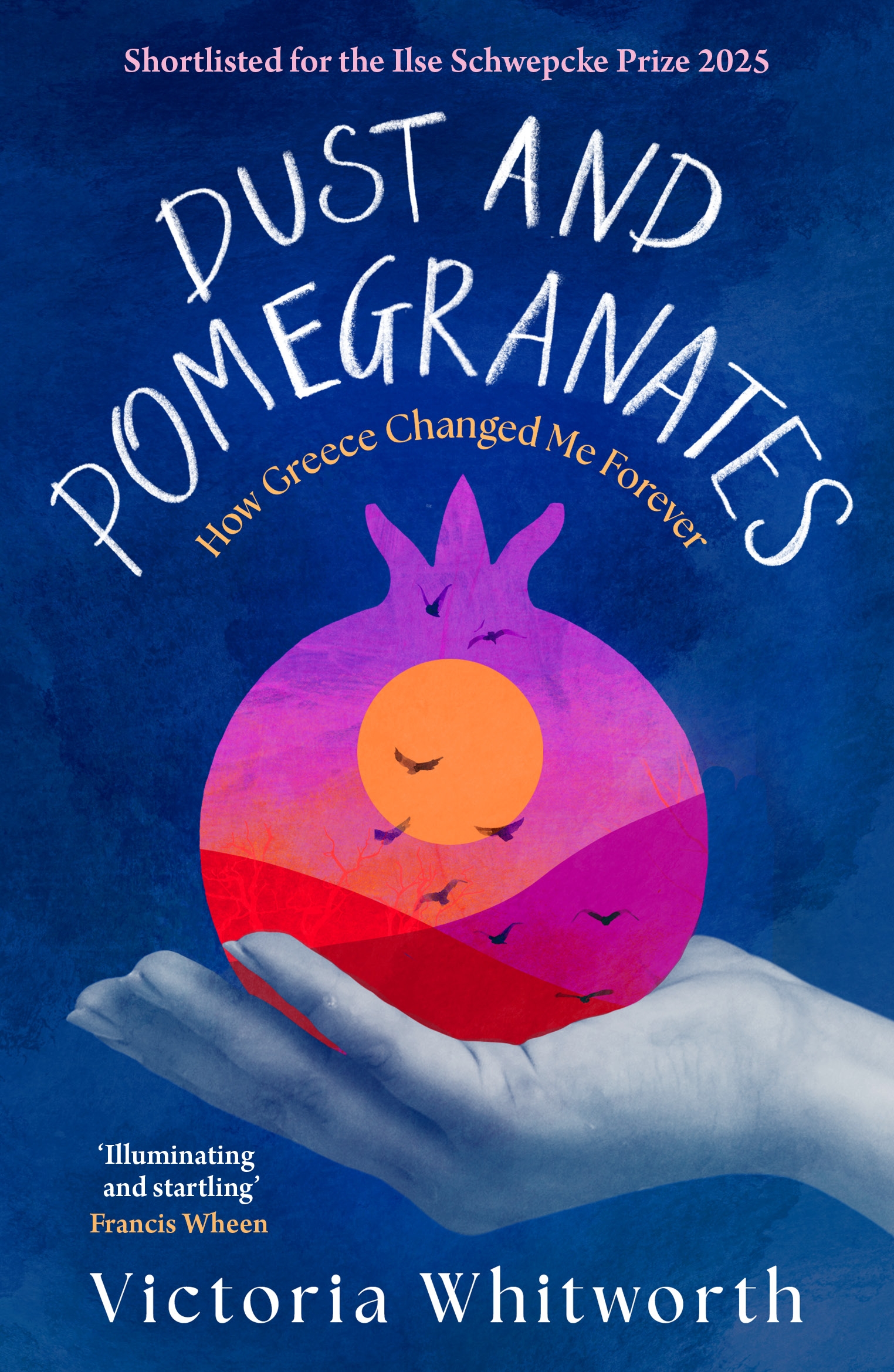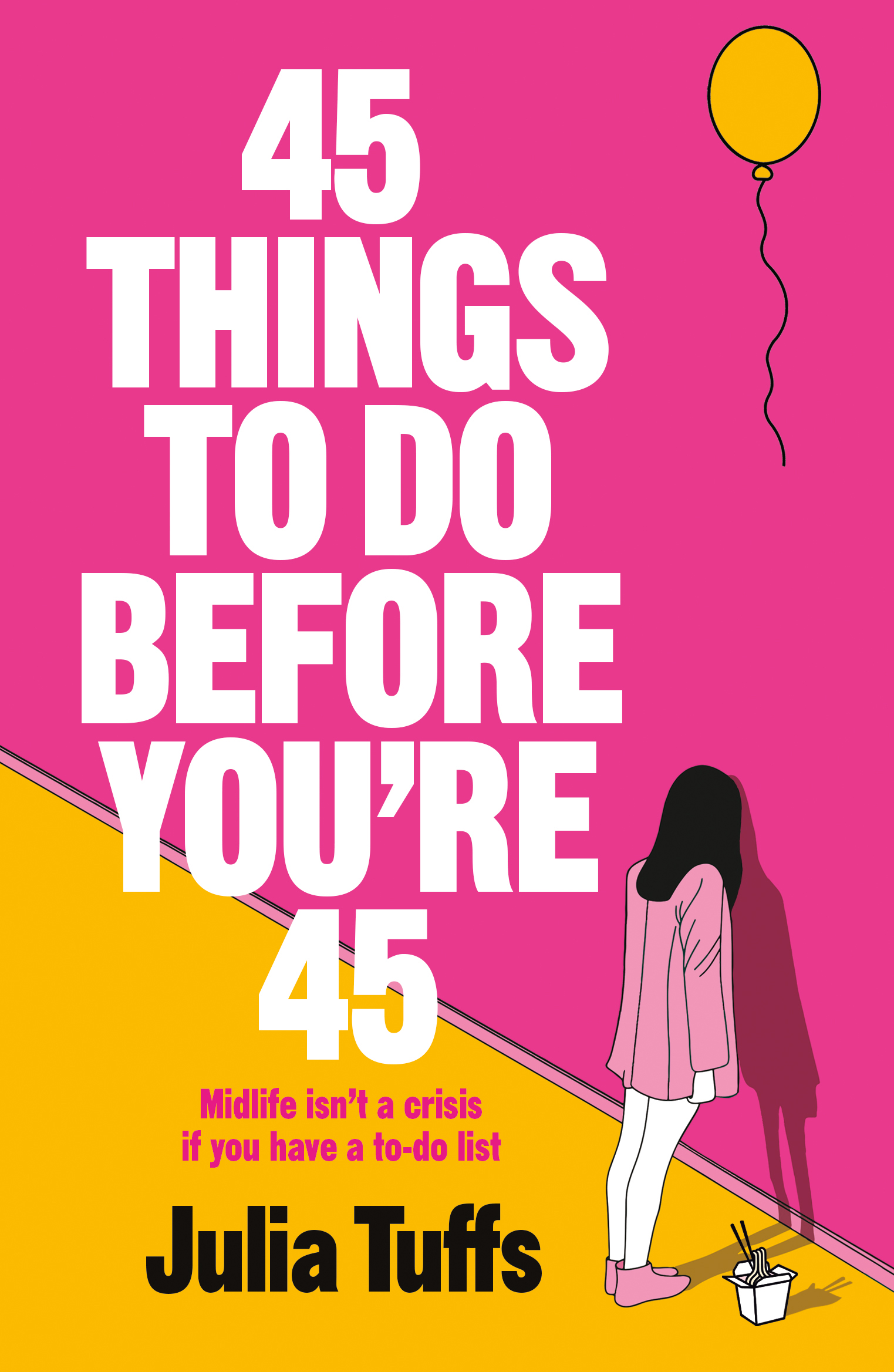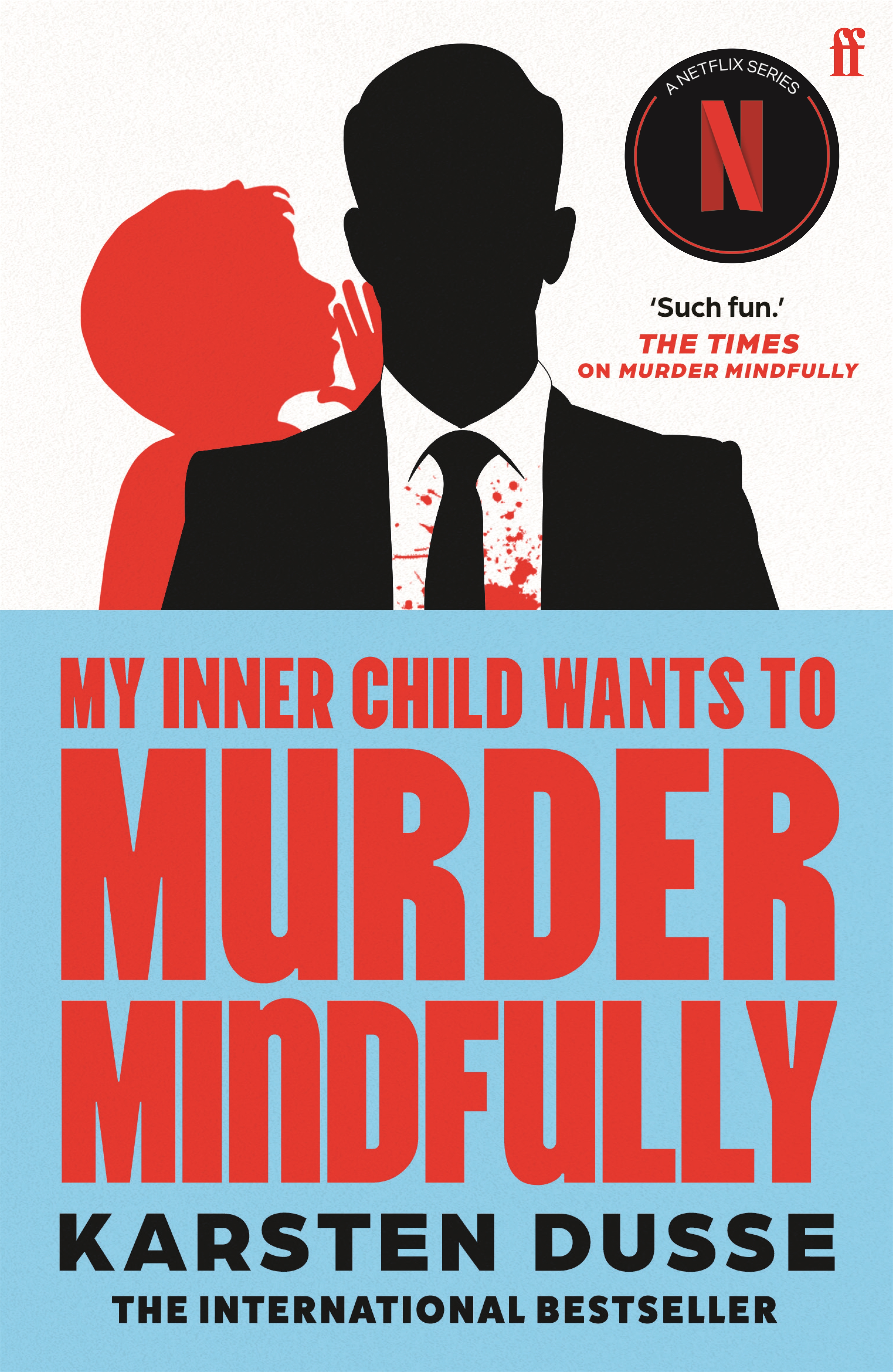A Village in the Third Reich: How Ordinary Lives Were Transformed By the Rise of Fascism

As seen:
By Julia Boyd, and and, Angelika Patel
avg rating
1 review
A Waterstones Paperback of the Year 2022
A New Statesman Book of the Year 2022
‘Fascinating… You’ll learn more about the psychological workings of Nazism by reading this superbly researched chronicle… than you will by reading a shelf of wider-canvas volumes on the rise of Nazism.’Daily Mail
‘An utterly absorbing insight into the full spectrum of responses from ordinary people in extraordinary circumstances.’The Times
‘Boyd is an outstanding micro-historian.’iNews
Hidden deep in the Bavarian mountains lies the picturesque village of Oberstdorf – a place where for hundreds of years people lived simple lives while history was made elsewhere.
Yet even this remote idyll could not escape the brutal iron grip of the Nazi regime.
From the author of the Sunday Times bestselling Travellers in the Third Reich comes A Village in the Third Reich: an extraordinarily intimate portrait of Germany under Hitler, shining a light on the lives of ordinary people. Drawing on personal archives, letters, interviews and memoirs, it lays bare their brutality and love; courage and weakness; action, apathy and grief; hope, pain, joy and despair.
Within its pages we encounter people from all walks of life – foresters, priests, farmers and nuns; innkeepers, Nazi officials, veterans and party members; village councillors, mountaineers, socialists, slave labourers, schoolchildren, tourists and aristocrats. We meet the Jews who survived – and those who didn’t; the Nazi mayor who tried to shield those persecuted by the regime; and a blind boy whose life was judged ‘not worth living’.
This is a tale of conflicting loyalties and desires, of shattered dreams – but one in which, ultimately, human resilience triumphs.
These are the stories of ordinary lives at the crossroads of history.
‘Exceptional… Boyd’s book reminds us that even the most brutal regimes cannot extinguish all semblance of human feeling’Mail on Sunday
‘Masterly… [an] important and gripping book… [Boyd is] a leading historian of human responses in political extremis.’The Oldie
‘Gripping… vividly depicted… [a] humane and richly detailed book’ Spectator
‘Vivid, moving stories leave us asking ""What would I have done?""’ Professor David Reynolds, author of Island Stories
“An absorbing, thoroughly recommended read”Family Tree magazine
‘Laying bare the tragedies, the compromises, the suffering and the disillusionment. Exemplary microhistory.’ Roger Moorehouse, author of First to Fight
‘Compelling and evocative’All About History
’The rise of Nazi Germany through the prism of one small village in Bavaria. […] Astonishing’ Jane Garvey on Fortunately… with Fi and Jane
‘incredibly engaging’History of War magazine
‘Intensely detailed, exhaustively researched and rendered in almost cinematographic detail, Julia Boyd’s A Village In The Third Reich is deeply evocative, redolent of those times and truly revelatory. I learned so much. This is a book I will need to return to again and again, to relearn, refresh and remember. A triumph.’ Damien Lewis, author of The Flame of Resistance
TweetReviews
Whitley Bay Book Group discussed A Village in the Third Reich in April 2023.
Oberstdorf is a beautiful village high up in the Bavarian Alps where ordinary people had to deal with the extraordinary times of the Nazi years. The author was given access to the village archives and other original sources, and interviews with survivors and their families to help the present day villagers confront and examine their past, resulting in this book, a work of microhistory.
The book describes how ordinary people responded to the rise of Hitler and how their attitudes changed as the war progressed. Initially politics and the war seemed a long way away but this changed as the Nazi edicts affected people’s everyday lives and young men were called up to fight. The fear of being denounced meant that most people colluded and kept their heads down, but there were some acts of resistance and some people quietly helped Jewish villagers leave the country.
Some of us found the book quite a challenge to get into initially, especially those who don’t read much non-fiction. There is a large list of characters, who can be difficult to keep track of, although an index of characters at the end does help, and characters do tend to come around again. However, most of us liked the style of writing, and thought it was well written and researched, an interesting idea and worth persevering with.
The big question for author, and for the readers, is what would we have done in the circumstances.
Within the group there were a wide range of reactions to the book, some finding it fascinating (“like being on a bus looking into people’s living rooms”), some boring (“like the minutes of Blyth Valley council meetings with Nazis”), and all points in between. We gave it between 1 and 4 stars, with an average of 3.

